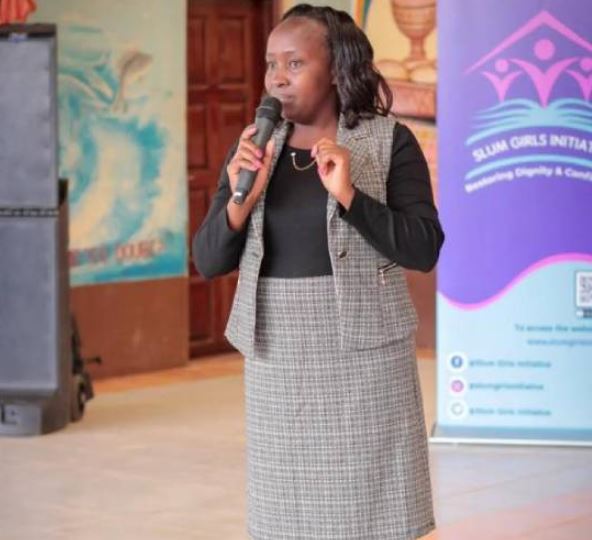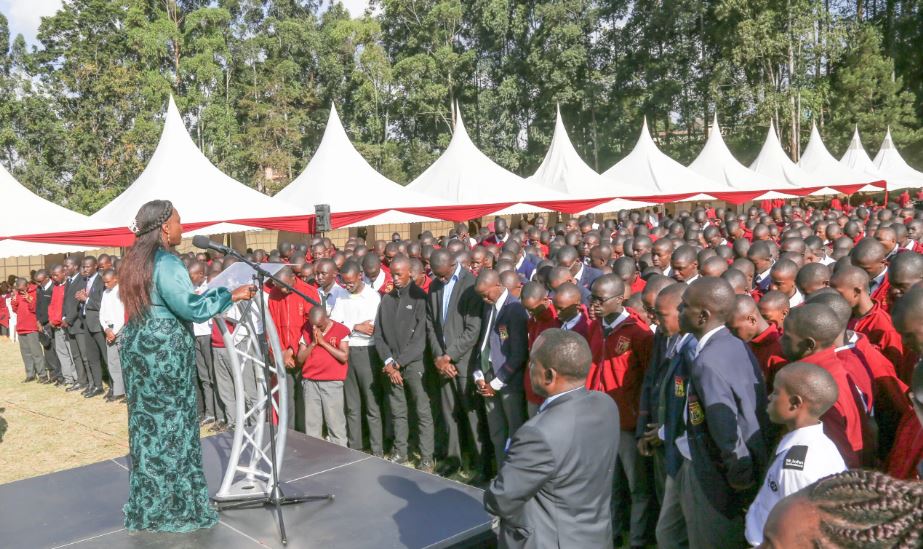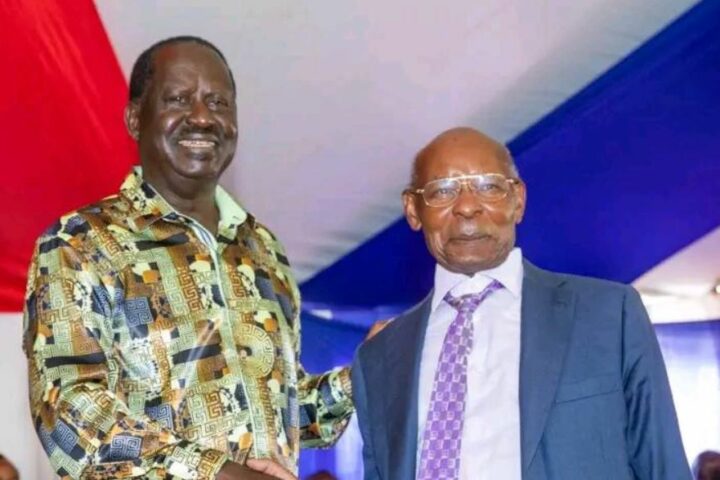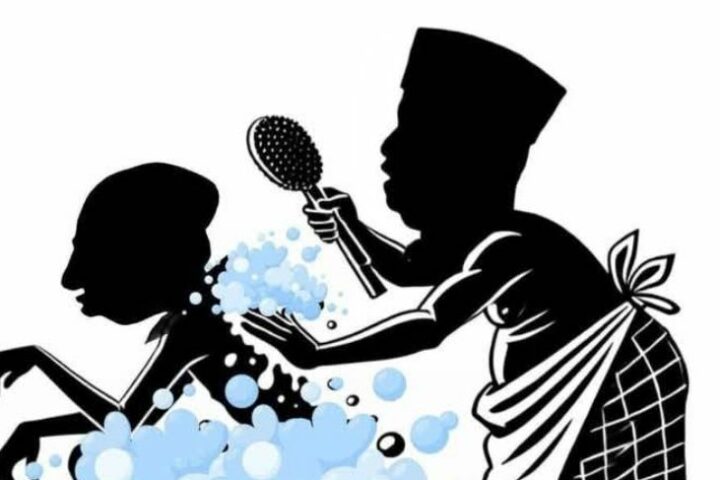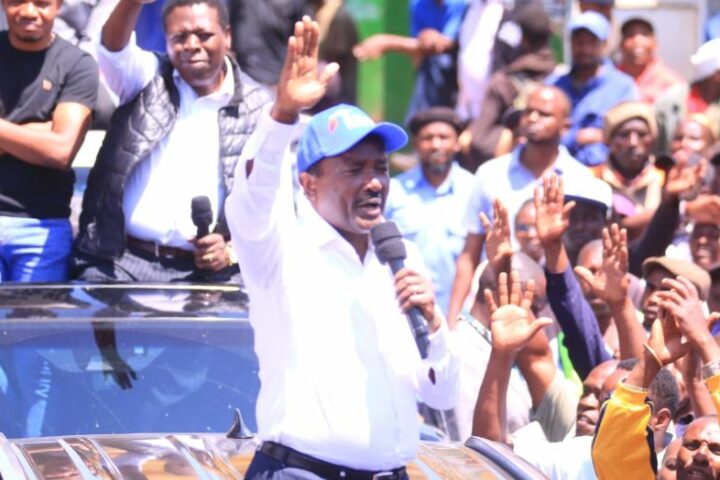 Janny Kathomi, a social worker, was deeply distressed during her routine job when she had a firsthand encounter with girls resorting to using rags during menstruation or even skipping school entirely to avoid the “embarrassment” associated with their monthly periods.
Janny Kathomi, a social worker, was deeply distressed during her routine job when she had a firsthand encounter with girls resorting to using rags during menstruation or even skipping school entirely to avoid the “embarrassment” associated with their monthly periods.
In an interview with Silas Nyamweya for the Nairobian, Ms Kathomi spoke about her motivation for starting a support program aimed at providing free sanitary pads to vulnerable girls. She embarked on this initiative using her own resources.
What inspired your commitment to supporting vulnerable girls with sanitary pads?
When I started working at a school in Korogocho slum in 2014, I witnessed firsthand the devastating effects of period poverty. Girls would frequently miss school during their menstrual cycles, which compelled me to take action. Initially, I used my small salary to purchase sanitary pads for the girls, but in 2016, a friend recognised my passion and advised me to seek support from others. Thus, the Slum Girls Initiative (formerly known as I AM A Girl Foundation) was born, now a registered CBO.
Can you share any personal experiences that have influenced your humanitarian projects?
Growing up, I witnessed my parents helping those in need, and that significantly shaped my character. My love for children developed during my formative years, and I always aspired to work with them. Although my family faced its own struggles, we were perceived as “rich,” which did not sit well with me.
How many girls have you been able to support thus far?
We have supported over 10,000 girls to date.
Could you share a particularly moving case or cases that you have encountered while working with these girls?
One case that will forever remain etched in my memory involves a girl who was defiled by her guardian, to whom she was entrusted after her mother passed away. With the help of our partner, Tumaini Trust, we provided her with medical assistance and therapy. Since the defilement had occurred months prior, and the girl remained silent, the perpetrator could not be apprehended. Due to using unsanitary materials during her periods, the girl developed a severe infection, which she disclosed during one of our safe space sessions. I immediately took her to the hospital for treatment.
Have you received any recognition for your efforts?
As of now, I have not received any formal recognition. However, the community members have bestowed upon me a great honour by naming two children born in Korogocho after me. This act holds significant meaning in African culture, and it means a lot to me.
How have these efforts impacted your personal life?
Through these initiatives, I have gained valuable experience, skills, and knowledge, enabling me to address complex cases beyond my initial expertise. Previously, carrying out this work was challenging and inflexible due to financial constraints. Now, with organized funds, I can cover some of the expenses associated with our mission, such as setting up systems, purchasing sanitary pads, and transporting them to various locations.
How do you acquire the resources to undertake these projects?
A significant portion of the resources comes from my personal funds earned through various jobs. Generous Kenyans and our partner, Tumaini Trust Kenya, have also played a vital role in funding our Menstrual Health Management (MHM) and Machine on Wheels programmes.
